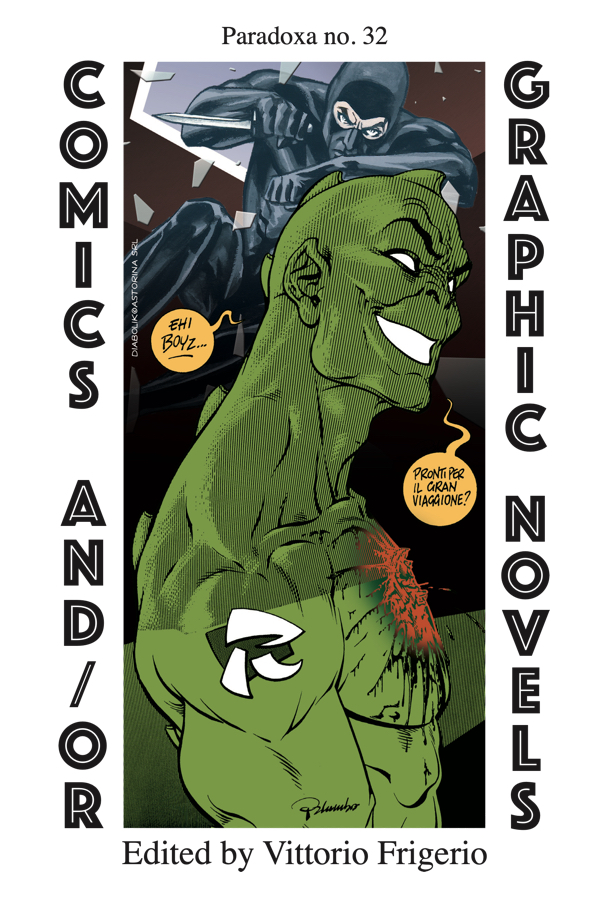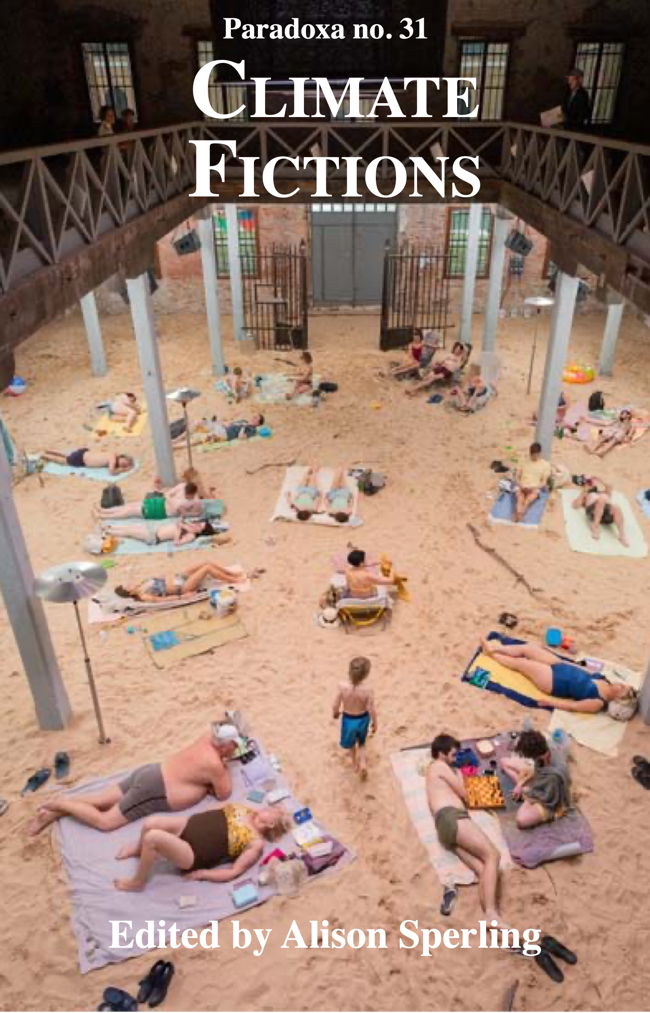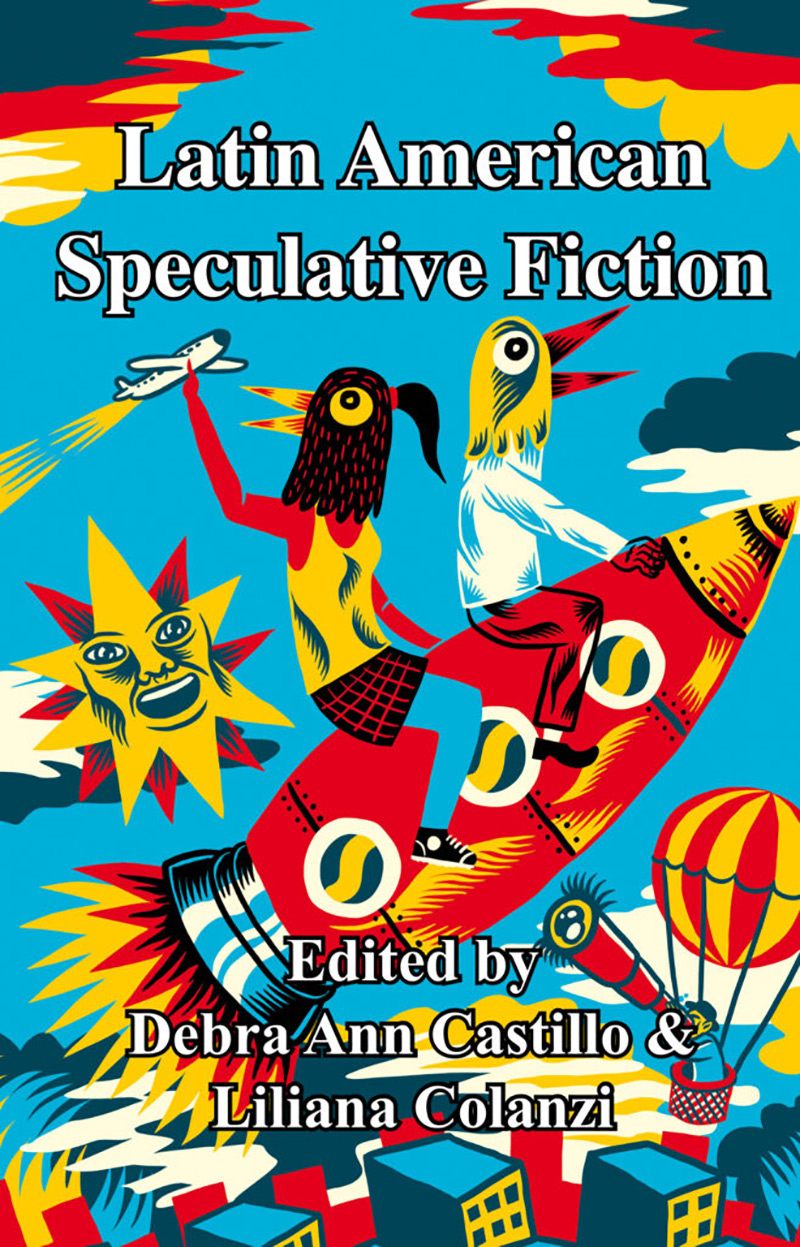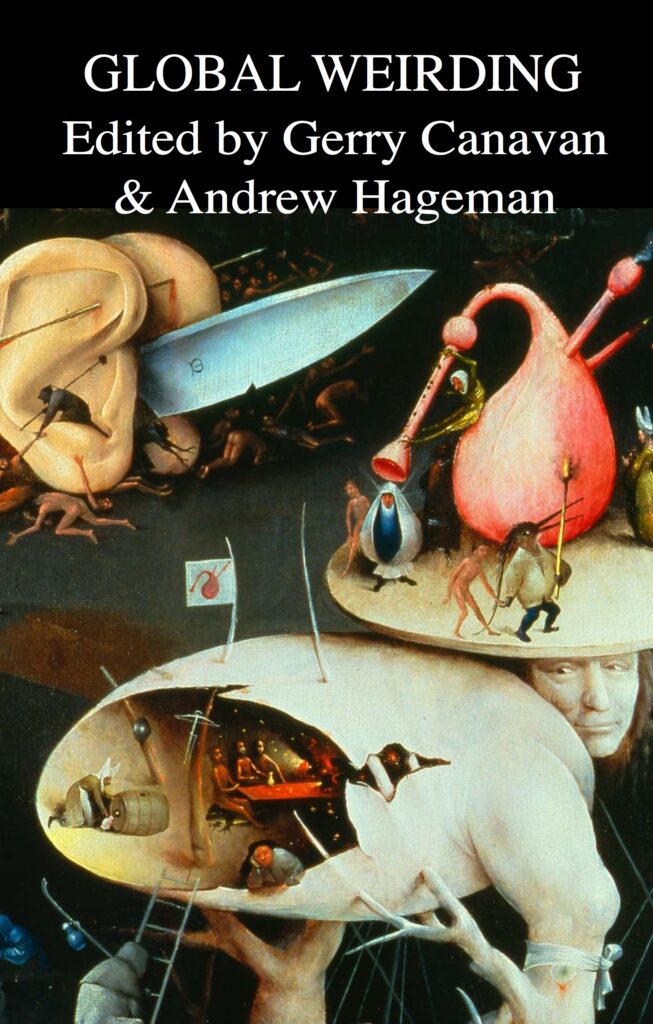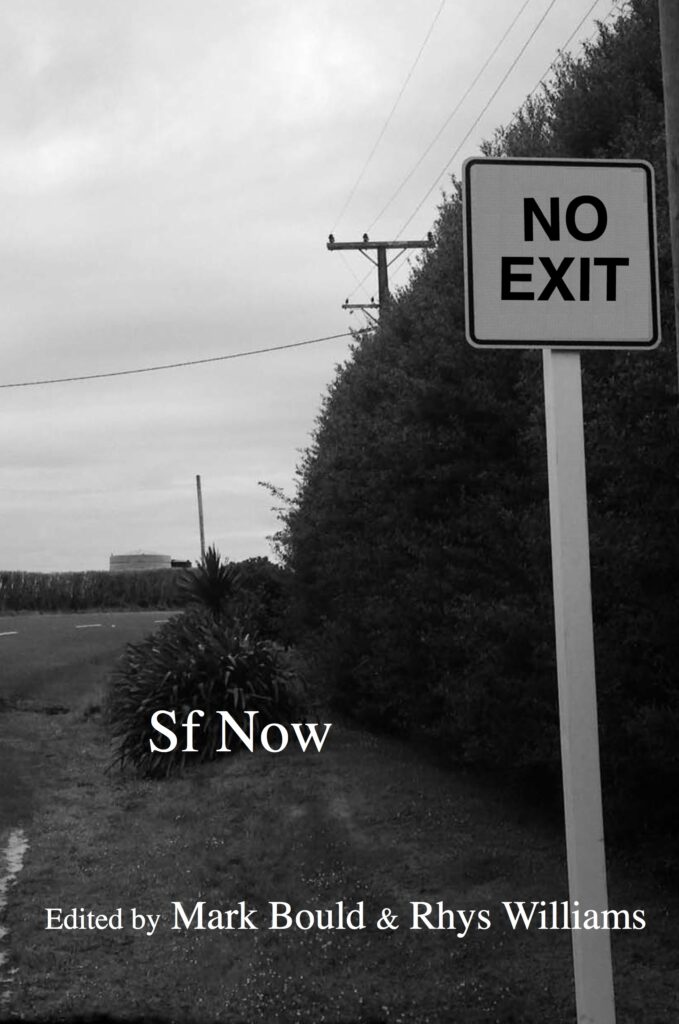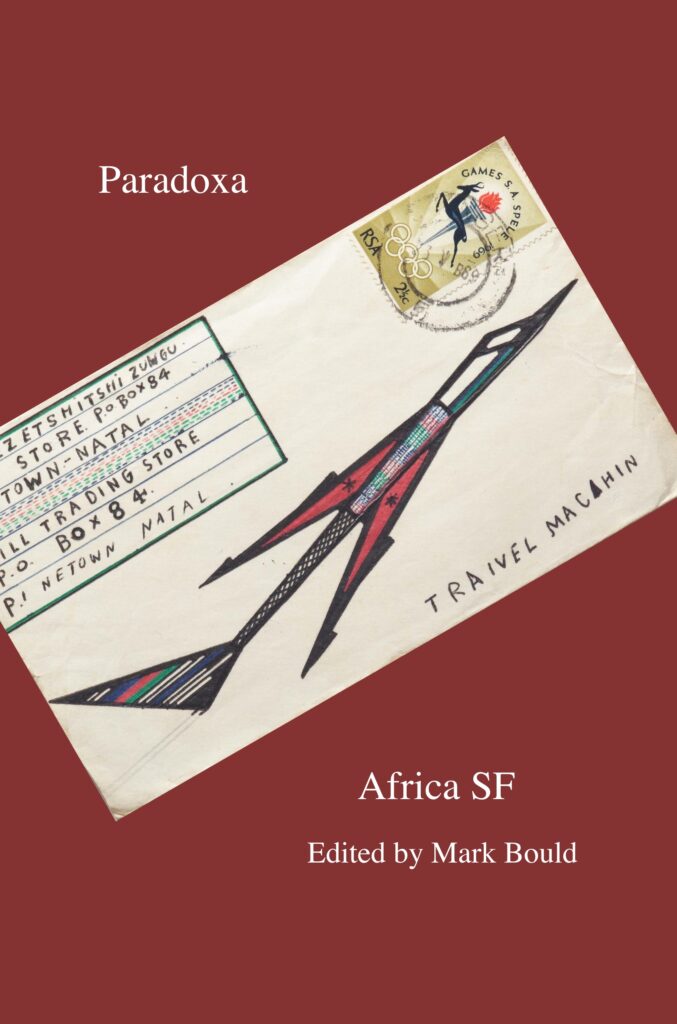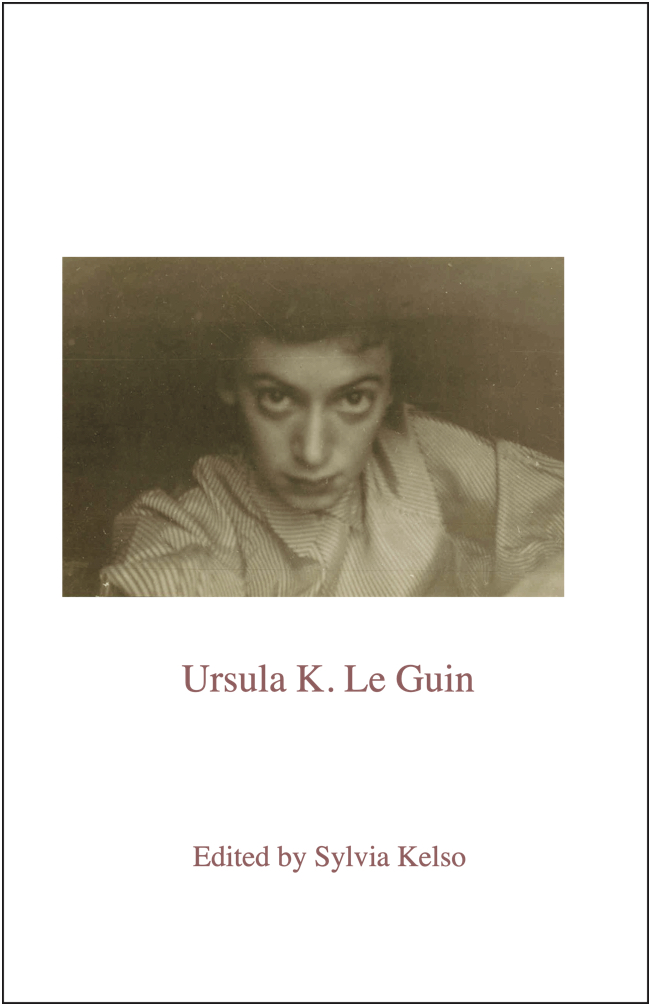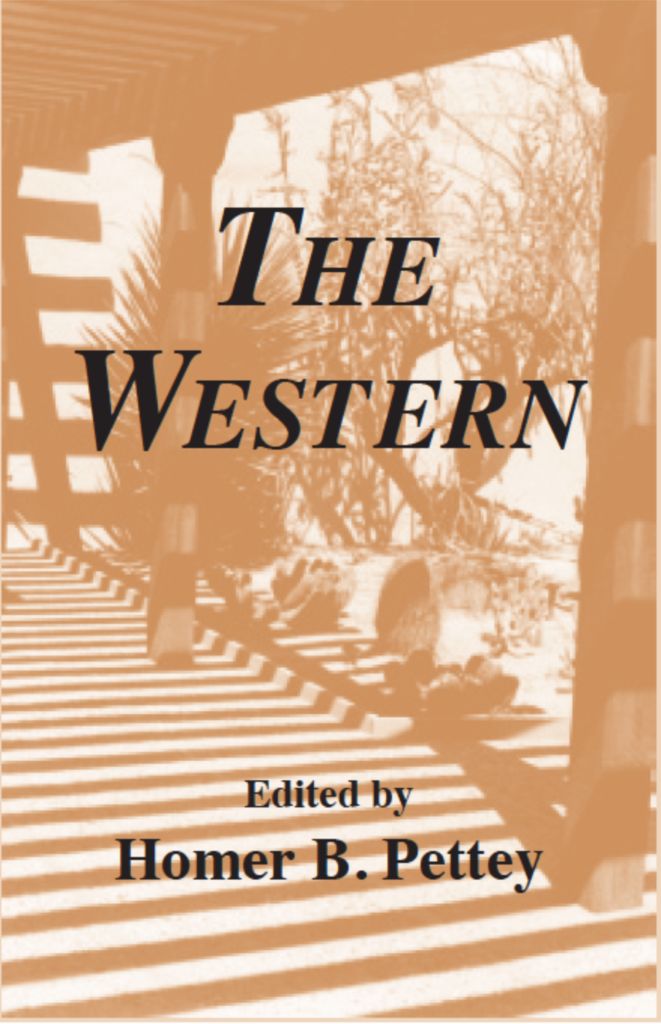Comments
Comics and/or Graphic Novels offers a historically-informed and theoretically-insightful analysis that productively complicates the typical narrative of comics’ evolution from unsophisticated, popular, commercial origins toward more respectable aesthetic maturity. The volume’s rich transnational scope also usefully challenges the national biases often seen within comics criticism, enabling an approach that foregrounds comics and graphic novels as complex, multidimensional transmedia productions. – David Higgins, Inver Hills College, Senior Editor, Los Angeles Review of Books
Finally, a comics-themed issue of Paradoxa! Vittorio Frigerio has edited a collection of eye-opening essays spanning the geographical and thematic diversity of comics studies, particularly in the Euro-American cultural area. This volume will be equally useful as a primer for readers interested in discovering one of the most stimulating areas of scholarship born with the 21st century and for comic art researchers intent on broadening their culture on a yet largely unexplored medium about to celebrate its bicentennial. – Jean-Paul Gabilliet, Professor of North American Studies, Université Bordeaux Montaigne, author of Comics and Men: A Cultural History of Comic Books in America.
This special issue of a journal known for its eclecticism truly brings eclecticism to comics. Whilst bubbling with inventive and thorough erudition, this work shows the potential of comics scholarship to take unexpected directions. Transnational and interdisciplinary, this is surely a marker for future criticism. – Laurence Grove, Professor of French and Text/Image Studies Director, Stirling Maxwell Centre, University of Glasgow, Oilthigh Ghlaschu, author of Comics in French: The European Bande Dessinée in Context.
Comics artists have long negotiated the boundary between marginality and legitimization, but readers of this tremendous collection can be reassured that resistance, whether from Latin-American revolutionaries, Italian cyberpunks, or Spanish anti-fascist poets, has held out against respectability. The essays, impressively international in their provenance, explore border crossings, free-flowing or fraught with obstacles, between mass culture, counter culture and high art; from local to global; transcending genres and media. The authors challenge orthodoxies as they track multidirectional pathways of influence and appropriation;
the erasure of Maori culture in critically acclaimed New Zealand comics is denounced, while the association of critically denigrated British children’s comics with a tradition of irreverent popular culture is celebrated. A brilliant, insightful book. Ann Miller, Leicester University, author of Reading bande dessinée: critical approaches to French-language comic strip, co-editor of the journal European Comic Art,

